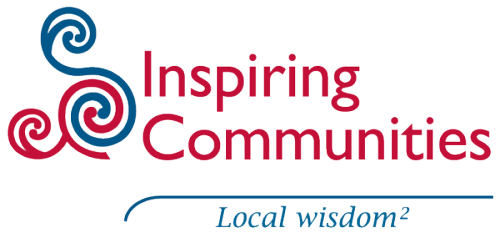In 2010, Inspiring Communities penned “What we are learning about community-‐led development in Aotearoa, New Zealand.” As a lead in to the next edition (due for release early in 2013) they reviewed changes in the broader environment, and commented on key aspects that are helping and hindering communities — and key stakeholders — work in community‐led development (CLD).
They interviewed a cross-section of 22 thought leaders from a variety of sectors and places within Aotearoa New Zealand. Their thoughts, and those of Inspiring Communities, have been brought together to prompt and spark further dialogue and discussion about CLD and what’s required to support and strengthen its future.
Key messages:
- CLD is a useful framework for addressing complex issues.
- There have been many positive steps forward for CLD over the past two years including:
- Increased awareness, interest and uptake of CLD by many stakeholders
- Growing recognition that leadership and active participation by local communities is key to strengthening positive local futures
- lwi-‐led development and CLD viewed as complementary rather than competing approaches.
- Challenging events and crises (such as global recession, Christchurch earthquakes) have highlighted the importance of strong local connections and citizen-led responses. They have also prompted calls for creative new ways of thinking and working to achieve shared goals and aspirations at every level. Key ingredients for successful CLD include:
- Having the right people with the right skills
- Quality, high-trust relationships
- Starting in and with communities
- Having a critical mass of highly skilled leaders working from the same page
- Being prepared for a long-term journey and being able to ‘let go’ of previous ways of doing things
- CLD is here to stay. Key areas to help enhance and support this way of working include:
- Systems changes
- Strengthening collaborative cultures
- More active citizens and more active citizenship
- Staunch peak bodies who can advocate, connect communities and gather robust evidence
- Skills development and training for practitioners
- Ensuring local government is actively involved in CLD
- Developing the business community interface
- Living with messy language and framing
- Being aware of broader political contexts and ensuring CLD remains community driven
Contents
- About community-led development
- What does community-led development take?
- The future: supporting and strengthening CLD
- Our conclusion – it’s here to stay





